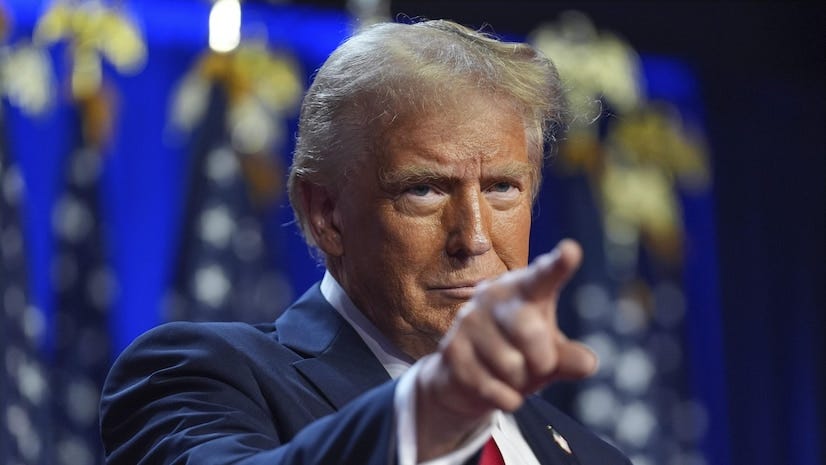How Donald Trump Pulled Off a Big Win?(Again)
Hey guys,
Donald Trump has made it back to the White House. This is the second time he’s gone up against a female opponent and the second time he’s beaten the incumbent party. It feels more like a reality TV show than a typical election, doesn’t it?
The last year of campaigning felt more like a high-stakes reality show than a traditional election. From Nikki Haley’s initial surge in popularity to her sudden exit to Joe Biden’s unexpected departure from the race and Kamala Harris’s rise as the new Democratic hope, the twists, and turns kept audiences on the edge of their seats. With assassination attempts on Trump adding even more suspense, it was hard not to get drawn into the drama.
But why did people choose him?
It’s clear that Trump is no ordinary politician. This whole campaign season, he was the star of the show, making headlines and keeping everyone glued to the updates. When news of his win broke, social media exploded with reactions. Some people celebrated, feeling like they were finally free from government “overreach,” while others worried about what this win might mean for their rights and safety.
Trump’s supporters see him as a straight-talker. Unlike polished politicians who say all the “right” things, Trump just says what he thinks. He’s bold, rough around the edges, and people appreciate that he’s not trying to be someone he’s not.
Love him or hate him, what you see is what you get, and for a lot of people, that’s refreshing.
Then, Trump doesn’t just share his plans; he tells a story. For most politicians, it’s all about the details: facts, stats, policies, and projections. They’ll run through numbers and lay out their strategies to show they’re serious about governing.
But, he talks about hidden powers and mysterious insiders, the “swamp” in Washington that’s out to get ordinary Americans. He paints himself as a hero, fighting against powerful elites to protect “the little guy.” His speeches aren’t filled with stats; they’re filled with characters - villains, allies, heroes, and his supporters see themselves in this storyline. They feel like he’s speaking directly to them, voicing their frustrations, sharing their battles, and promising to take on their enemies.
This approach draws people in because it’s relatable. It doesn’t ask them to memorize policy points or trust in complex numbers; it just asks them to believe in a story. And it’s a story where they have a role to play. Trump’s supporters feel like they’re part of something much bigger than just another election cycle - they’re part of a mission to take back power.
For them, supporting Trump isn’t just about voting for a candidate; it’s about joining a movement. It’s why his supporters stick by him through thick and thin. When they rally around him, it’s not just as voters but as true believers in a cause that feels both personal and patriotic. And that feeling - that they’re in it together for something that matters is the real power behind Trump’s storytelling.
But his opponents feel just as strongly. They’re worried that his bold promises will lead to even deeper divides in the country and might harm America’s image on the world stage. They wonder if his policies will really support working people or simply give more power to the wealthy. For them, this presidency could be a step back on social and environmental issues, rights, and freedoms.
So, here we are. With Trump back in office, we’re stepping into four years that are bound to be full of twists and turns.
But I still have a few questions:
📌 Will he deliver on the promises that got him back into the White House?
📌 Can he bring the change his supporters are hoping for?
📌 Or will he stir up the very issues his critics have warned about?
So, that’s it for today. Let me know what you think in the comments. See you tomorrow 👋



